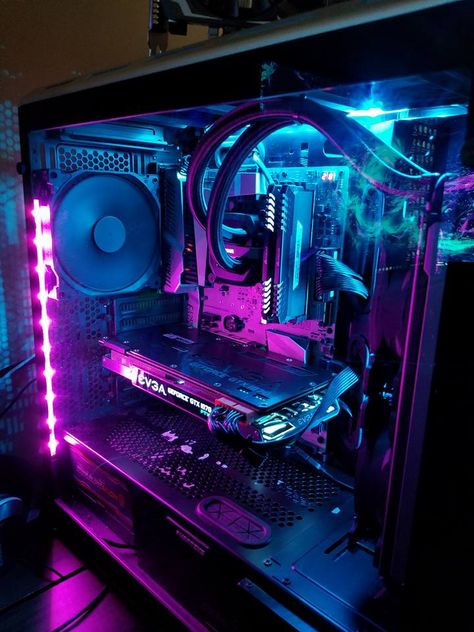Does RAM speed matter?

Most users agree that a faster processor is better. Likewise, users agree that having more memory or RAM is better. When picking memory for a computer, RAM speed can be a little confusing. W have two things to worry about when it comes to speed of RAM: frequency, which deals with how much data can be transferred to the stick at one time, and latency, which is how quickly it responds to requests. In the current market, as you get to higher frequencies, latency tends to increase, so in many cases, they tend to balance each other out.
RAM, or Random Access Memory, is used as temporary, fast data storage for the processor. When we start a program, the hard drive sends the relative data for that program to the RAM, where the processor can access it much quicker than on the hard drive. RAM is an integrated circuit chip made up of millions of transistors and capacitors. Each pair of transistor and capacitor make up a cell, and these cells are where the data is stored. These cells hold and release electrical charges to write, rewrite, and erase data allowing data to constantly change much faster than mechanical drives (HDD) that uses platters and actuator arms, or even SSDs. RAM is also volatile meaning that any data that is held within its cells will be lost when it loses power. Data can be written to any cell in any order, and can be read from any cell as long as the physical location of the cell containing the data is known.
RAM speed is dependent on many factors. We can't just take the MHz as a measurement of speed and use that as the way you determine its speed. To find RAM speed we need to know the clock cycle and its latency. RAM frequency works off of clock cycles. Each read and write is done on a cycle. RAM is measured by how many cycles per second it can perform. The more of these cycles that happen per second, the more data can be stored and read, making for a smoother user experience. Column Access Strobe, CAS latency, or CL, is the delay time of the RAM receiving a command and then being able to issue it. The numbers for the timings will look something like this 15-17-17-35. Those numbers indicate how many clock cycles it takes for the RAM to respond to the command. The timings will determine how fast the RAM will respond to a command. Faster MHz RAM with slower CAS timings might not be better than slower MHz RAM with faster CAS timings. A good rule of thumb to determine the real speed of ram is to divide the frequency of the ram by the CAS number.
While faster, lower latency RAM will indeed increase the technical performance of our computer, it works at such a fundamental level that it's almost impossible for us to actually appreciate the difference. We are talking about one billionth of a second difference. Faster RAM will give your PC better performance in certain specific benchmarks, but having more RAM is almost always better than having faster RAM. It also means that overclocking RAM in the system BIOS is rarely worth the effort. This is especially true for gaming. If your computer has a dedicated graphics card, then games will rely primarily on the video card's own memory to handle these functions. So even in the case of video cards choosing a card with more memory is generally better than one with faster memory. Faster RAM can help with performance when it comes to integrated GPUs. That's because integrated GPUs relies on system memory for graphics performance. It can also make a more obvious difference for machines that are constantly accessed from multiple points, like a high-traffic web server or a virtual machine host. But for most users, it just isn't a big deal.